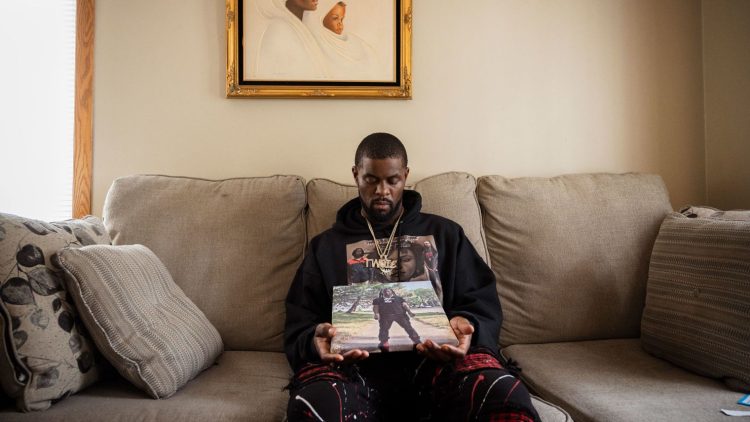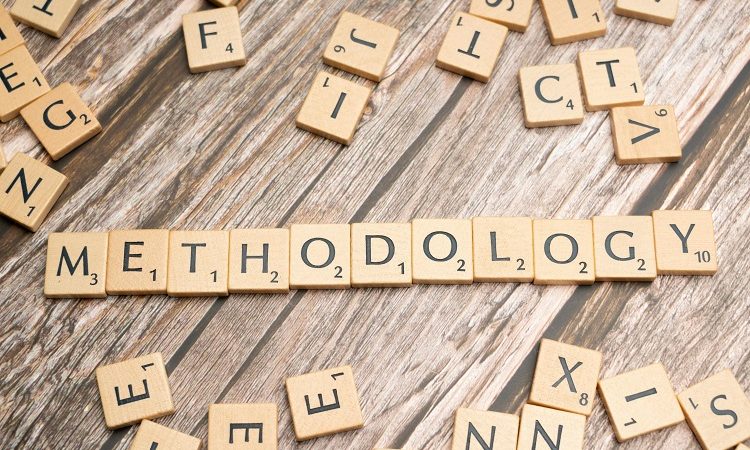Unraveling the Complex Reality of Shootings in North Minneapolis

In recent years, North Minneapolis has grappled with a persistent issue that has shaken the community to its core – shootings. The intersection of socioeconomic challenges, systemic issues, and historical disparities has given rise to a complex situation that demands attention, empathy, and comprehensive solutions. This article aims to shed light on the multifaceted factors contributing to shootings in North Minneapolis, exploring the root causes and potential paths toward healing and community resilience.
Historical Context:
Understanding the current state of shootings in North Minneapolis requires a journey into the historical context that has shaped the community. Decades of systemic racism, housing discrimination, and economic disparities have disproportionately affected neighborhoods like North Minneapolis. Redlining, a discriminatory practice that denied financial services based on the racial makeup of neighborhoods, resulted in concentrated poverty and limited access to resources.
These historical injustices laid the foundation for a cycle of poverty and disenfranchisement that continues to impact the community today. When examining the root causes of shootings, it’s crucial to recognize the long-lasting impact of historical inequities on the social fabric of North Minneapolis.
Economic Disparities:
High levels of unemployment and limited economic opportunities contribute significantly to the prevalence of shootings. Many residents face challenges in accessing stable employment, perpetuating a cycle of poverty and crime. In addressing this issue, community leaders and policymakers must focus on implementing sustainable economic development initiatives, job training programs, and support for local businesses to uplift the community.
Education and Youth Outreach:
Investing in education and youth outreach is essential for breaking the cycle of violence. A lack of quality education and extracurricular opportunities can leave young individuals vulnerable to the influence of street life. By prioritizing education and providing resources for after-school programs, mentorship, and community engagement, North Minneapolis can empower its youth to envision and pursue positive futures.
Community Policing and Trust Building:
The relationship between the community and law enforcement plays a pivotal role in addressing shootings. Building trust between residents and the police is a delicate process that requires transparency, accountability, and community involvement. Community policing initiatives, where officers work collaboratively with residents to identify and address local issues, can be a crucial step in fostering a safer environment.
Mental Health and Trauma:
The impact of trauma on individuals and communities cannot be understated. Exposure to violence, systemic injustices, and economic hardships can contribute to mental health challenges, which may manifest in various ways, including increased violence. Comprehensive mental health support services, trauma-informed care, and counseling programs can help address the emotional toll of living in an environment marked by shootings.
Addressing Systemic Racism:
Systemic racism perpetuates a cycle of poverty, crime, and violence. Addressing the root causes of shootings in North Minneapolis requires dismantling discriminatory systems and implementing policies that promote equity and inclusion. By acknowledging and actively working to rectify past and present injustices, the community can pave the way for positive change.
Community Empowerment and Grassroots Initiatives:
Empowering the community through grassroots initiatives is a crucial component of addressing shootings. Local leaders, activists, and organizations can play a pivotal role in mobilizing resources and support. By fostering a sense of community ownership and pride, North Minneapolis can strengthen its resilience and create a foundation for sustainable change.
Conclusion:
The issue of shootings in North Minneapolis is a deeply entrenched and multifaceted challenge that demands a comprehensive, community-driven approach. By addressing the historical context, economic disparities, educational opportunities, community policing, mental health, systemic racism, and fostering community empowerment, the path toward healing and resilience becomes clearer.
North Minneapolis has the potential to overcome the challenges it faces, but it requires a collective effort from residents, community leaders, and policymakers. Through collaboration, empathy, and a commitment to justice, the community can create a safer, more equitable future for all its residents.





